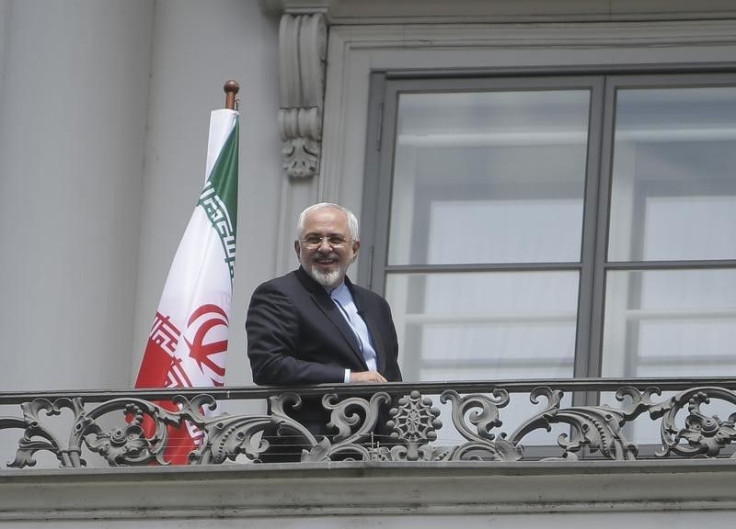Iran's Zarif Says Differences Remain In Nuclear Talks With Major Powers

VIENNA (Reuters) - Iran's foreign minister said on Monday some differences still remained between Iran and the six powers over the country's disputed nuclear program ahead of Tuesday's deadline for a final agreement to end a 12-year-old dispute.
"Still nothing is clear. ... Some differences remain and we are trying and working hard," Mohammad Javad Zarif told reporters.
The deal under discussion between Iran and the powers is aimed at curbing Tehran's most sensitive nuclear work for a decade or more in exchange for relief from sanctions that have crippled the country's economy.
U.S. Secretary of State John Kerry said on Sunday that reaching an agreement is possible this week if Iran makes the "hard choices" necessary, but if not, the United States stands ready to walk away from the negotiations.
An Iranian official told the semi-official Tasnim news agency that the talks could continue until July 9, echoing some Western diplomats. But Kerry said negotiators were still aiming for Tuesday's deadline.
The negotiators missed a self-imposed June 30 deadline for the final accord but have given themselves until July 7.
"The final deadline is late Wednesday or early Thursday," the official told Tasnim.
The administration of U.S. President Barack Obama must submit the deal to Congress on July 9 in order to get an expedited, 30-day review.
Kerry and Zarif held a string of meetings on Sunday, trying to overcome remaining differences, including lifting United Nations sanctions on the country and what advanced research and development Iran may pursue. Other foreign ministers started to return to Vienna on Sunday to help push for a swift deal.
Meanwhile, an Iranian official said delegations from the International Atomic Energy Agency (IAEA) will hold talks with Iranian officials on Monday.
"Two delegations from the IAEA will arrive in Tehran to discuss details of what was agreed during the IAEA chief's visit to Iran," Behrouz Kamalvandi, spokesman for Iran's Atomic Energy Organization, told Iran's Students News Agency ISNA.
IAEA chief Yukiya Amano on Thursday met Iranian President Hassan Rouhani and other officials in Tehran to discuss one of the thorniest issues in the nuclear talks.
The powers want Iran to grant more access to the IAEA and to answer its questions about previous nuclear work that may have had military purposes.
The United States and its allies fear Iran is using its civilian nuclear program as a cover to develop a nuclear weapons capability. Iran denies this, saying its program is for peaceful purposes.
© Copyright Thomson Reuters 2024. All rights reserved.











